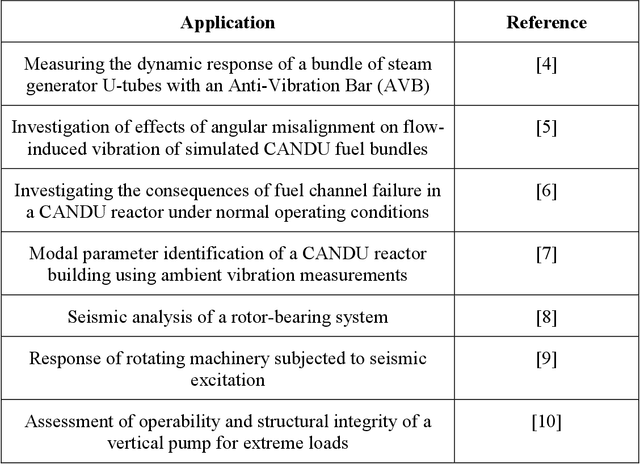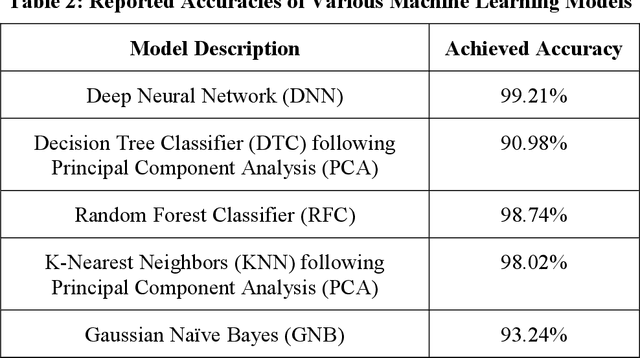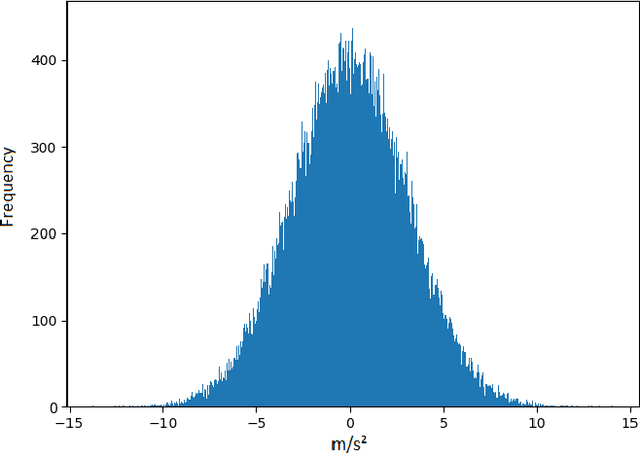Managing the Impact of Sensor's Thermal Noise in Machine Learning for Nuclear Applications
Paper and Code
Oct 02, 2023



Sensors such as accelerometers, magnetometers, and gyroscopes are frequently utilized to perform measurements in nuclear power plants. For example, accelerometers are used for vibration monitoring of critical systems. With the recent rise of machine learning, data captured from such sensors can be used to build machine learning models for predictive maintenance and automation. However, these sensors are known to have thermal noise that can affect the sensor's accuracy. Thermal noise differs between sensors in terms of signal-to-noise ratio (SNR). This thermal noise will cause an accuracy drop in sensor-fusion-based machine learning models when deployed in production. This paper lists some applications for Canada Deuterium Uranium (CANDU) reactors where such sensors are used and therefore can be impacted by the thermal noise issue if machine learning is utilized. A list of recommendations to help mitigate the issue when building future machine learning models for nuclear applications based on sensor fusion is provided. Additionally, this paper demonstrates that machine learning algorithms can be impacted differently by the issue, therefore selecting a more resilient model can help in mitigating it.
 Add to Chrome
Add to Chrome Add to Firefox
Add to Firefox Add to Edge
Add to Edge